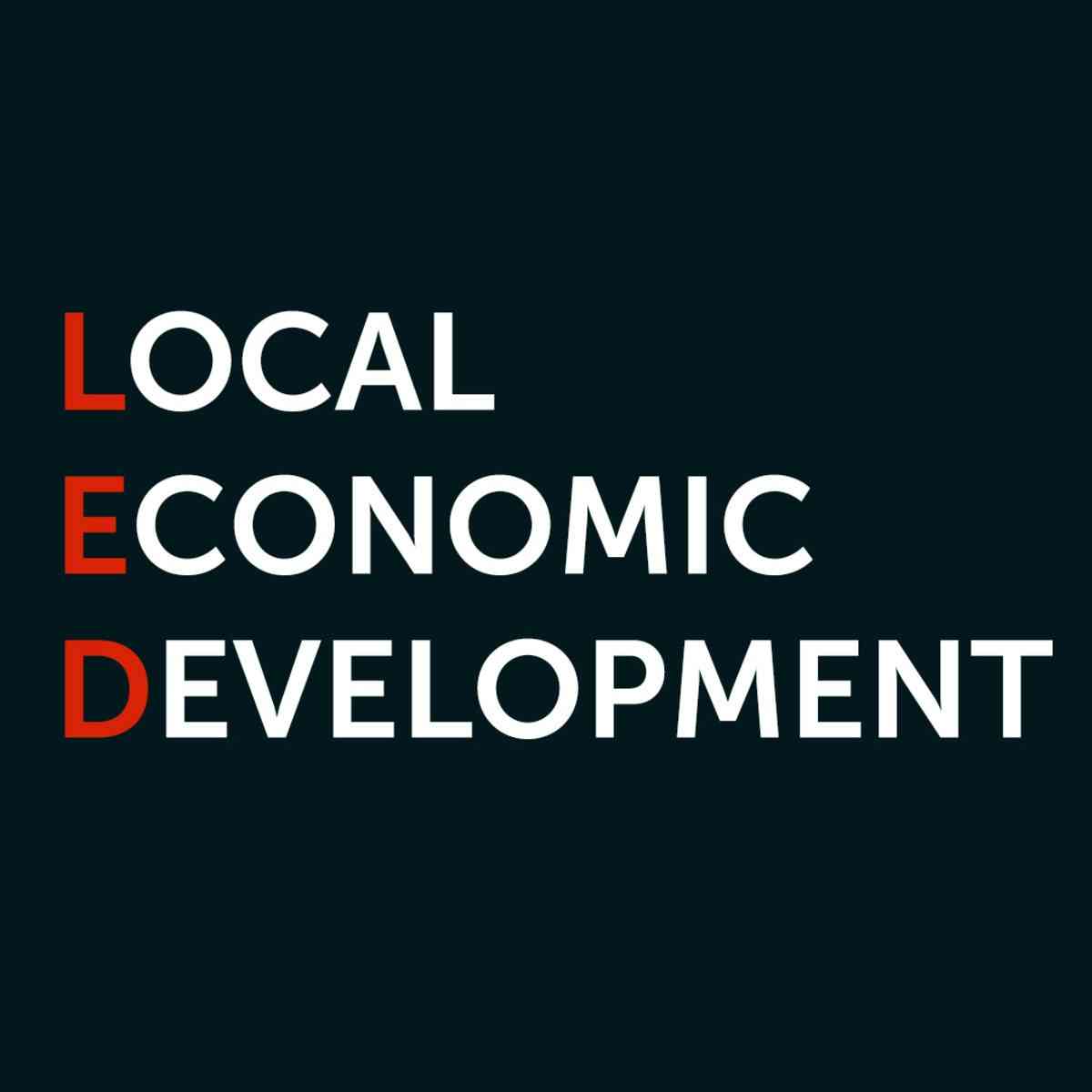
The Zimbabwe Election Support Network (Zesn) joins the rest of the world in celebrating the accomplishments and contributions of women worldwide on International Women's Day running under the theme “Inspire Inclusion.”
The day comes at a time when the Network is reflecting on the low state of women's participation in democratic electoral processes in Zimbabwe and lobbying various stakeholders on alignment of the Electoral Act with the constitution of Zimbabwe to explicitly incorporate gender equality provisions, particularly in Sections 3, 17, 56, and 80 to ensure promotion and protection of women's participation in politics.
Zimbabwe is a signatory to various gender equality frameworks at both regional and international levels.
Instruments such as the AU Declaration on the Principles Governing Democratic Elections in Africa, the African Charter on Democracy, Elections and Governance (ACDEG), Protocol to the African Charter on Human and Peoples' Rights on the Rights of Women in Africa (Maputo Protocol), the Sadc Principles and Guidelines Governing Democratic Elections, SADC Protocol on Gender and Development among others.
These frameworks are grounded in fundamental principles of non-discrimination and equal political rights, as outlined in the Universal Declaration of Human Rights and the International Covenant on Civil and Political Rights (ICCPR) and The Convention on the Elimination of all Forms of Discrimination against Women (Cedaw).
Furthermore, Zimbabwe's constitution contains extensive provisions aimed at ensuring gender equality and the participation of women in leadership roles, as espoused in Sections 17, 56, and 80.
However, despite these progressive legal frameworks, the reality on the ground depicts a different picture.
However, despite the provision of progressive legislative frameworks, the August 2023 harmonised elections indicated that women's participation in politics saw a concerning decline compared to previous elections.
- Fast-track delimitation, Zec urged
- Letters: Steep increase in nomination fees has a bearing on democracy
- Watchdogs bemoan falling media freedoms ahead of elections
- Zec delimitation process found wanting
Keep Reading
Out of the 11 presidential candidates, only one woman, Elisabeth Valerio of United Alliance Zimbabwe (UZA), participated, representing a significant decline from the four women who contested in the 2018 elections.
The exclusion of Linda Masarira of Labour, Economist and African Democrats (Lead) over non-payment of nomination fees, further highlights the financial obstacles women face in participating in electoral processes.
Similarly, the number of women contesting directly elected National Assembly parliamentary seats plummeted, with only 70 out of 637 candidates being female, thereby constituting only 11% of the total candidates.
This marks a decrease from the 14.4% of female candidates in the 2018 elections, underscoring the persistent barriers hindering women's political participation.
The network is of the view that, underrepresentation of women in Zimbabwean politics is not merely a numerical issue but a systemic challenge that undermines the principles of democracy and equality.
This is further compounded by the convergence of traditional patriarchal gender stereotypes and societies historically accustomed to gender-based violence, which prevent women from asserting their political rights.
Violence against women in elections (VAWIE) which manifests in the form of sexual harassment, assault, verbal threats, intimidation, and smear campaigns against female candidates exacerbates the problem, discouraging women from engaging in electoral processes.
Women make up 52% of the population, yet their voices and perspectives remain marginalized in decision-making processes.
Addressing this disproportion entails resolute efforts from all stakeholders.
Zesn implores political parties to consider gender equality in their candidate selection processes and actively support women aspiring to political office.
Providing financial and logistical support to women candidates, implementing gender quotas, and fostering a conducive environment free from violence and intimidation are essential steps towards achieving equal representation in politics.
As we commemorate International Women's Day, the network calls on all citizens to reaffirm their commitment to advancing gender equality and women's empowerment in Zimbabwe.
Zesn posits that the fundamental cornerstone of a robust democratic framework lies in the principle that every segment of society must be inclusively engaged in the decision-making process, ensuring their voices are not just acknowledged but actively heard, and their concerns duly advocated for.
Women, young girls and women with disabilities are encouraged to seize the opportunities within the electoral spaces to participate as candidates, observers, voters, political party agents and electoral officers among others thus contributing to a more representative and equitable electoral landscape. – Zesn










